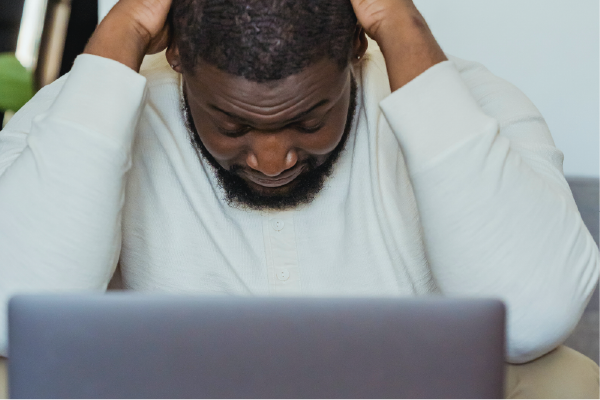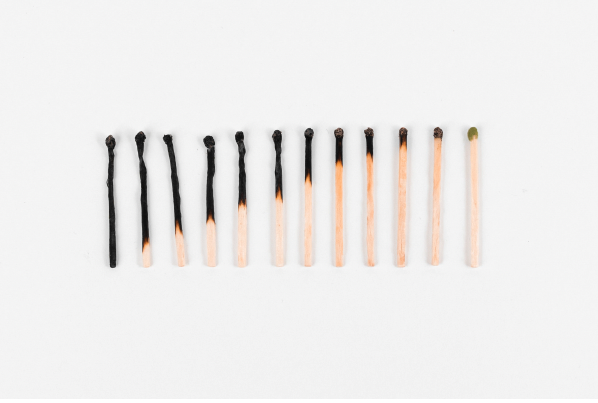Surveys administered earlier this year by ALM Intelligence and Bloomberg Law (separately) confirm that well-being in the legal profession has suffered — attorneys of color and attorneys early in their careers are impacted most.
Findings that well-being in the legal profession is suffering, particularly among the most oppressed of us, don’t come as a surprise given the pandemic, but are disappointing nonetheless. Responses from 3,200 legal professionals were collected in January and February 2021 through ALM Intelligence’s 2021 Mental Health and Substance Abuse Survey. Responses from 2,168 lawyers across two surveys (one focusing on experiences in 2020) were collected in the first quarter of 2021 through Bloomberg Law’s Attorney Workload & Hours Survey.
Nearly half of lawyers responding to Bloomberg’s findings reported their well-being declined in early 2021, and the findings show a gap in well-being between junior/midlevel lawyers and senior associates, as noted in a recent ABA Journal article:
Two-thirds of junior and midlevel attorneys reported a decline in well-being, while only 41% of senior associates reported such a decline.
‘New Data Reveals the Startling Mental Health Struggles of Attorneys of Color’, a recent article published by the Illinois Supreme Court Commission on Professionalism’s 2Civility blog, examines the ALM’s survey findings, highlights the additional well-being struggles faced by historically excluded and oppressed groups. The following quote discusses suicide. If you are having thoughts of suicide, call the National Suicide Prevention Lifeline at 1-800-273-8255 (TALK). You can find a list of additional resources at SpeakingOfSuicide.com/resources.
Notably, roughly 31% of Black lawyers said they have contemplated suicide during their legal career. This is a significant increase from the approximately 23% of Hispanic and Latino attorneys, 20% of Asian attorneys, and almost 19.4% of white attorneys who reported the same tendencies.
. . .
Nearly 61% of Black attorneys said they’ve felt isolated at their firms, compared to 53% of white attorneys and 49% of Hispanic attorneys. Fifty-one percent of Black attorneys, 49% of Asian attorneys, 49% of Hispanic attorneys, and 45% of white attorneys said their firms don’t offer support for personal well-being.
Moreover, Black and Hispanic attorneys reported higher levels of depression and anxiety. Attorneys of color were also more likely to say that taking time off for mental health issues could hurt their careers.
As the profession works to better support the well-being of its members, both locally and nationally, individuals in the legal profession can find well-being and mental health support through lawyer assistance programs like ours here at LCL in Massachusetts. We’re sorry not to have any clinicians of color on staff at LCL MA (yet) but remind the community that our clinicians are here for you, can help you find the right match through referrals to outside therapists, and can offer more information about our Lawyer Assistance Fund to help cover fees when needed. Find more on scheduling a Free & Confidential consultation here.
Related:
July is BIPOC Mental Health Month: Notes for the Legal Profession (LCL MA Blog, 2020)
2021 BIPOC Mental Health Month: Strength in Communities
Mental Health Month Resources Listing (LCL MA)
Trauma Takes Many Forms, Including Racism: Notes for the Legal Profession (LCL MA Blog, 2020)
Mentorship Programs & Resource Listing from Mass SJC Lawyer Well-Being Committee
Free & Confidential Consultations:
Lawyers, law students, and judges in Massachusetts can discuss concerns with a licensed therapist, law practice advisor, or both. Find more on scheduling here.




